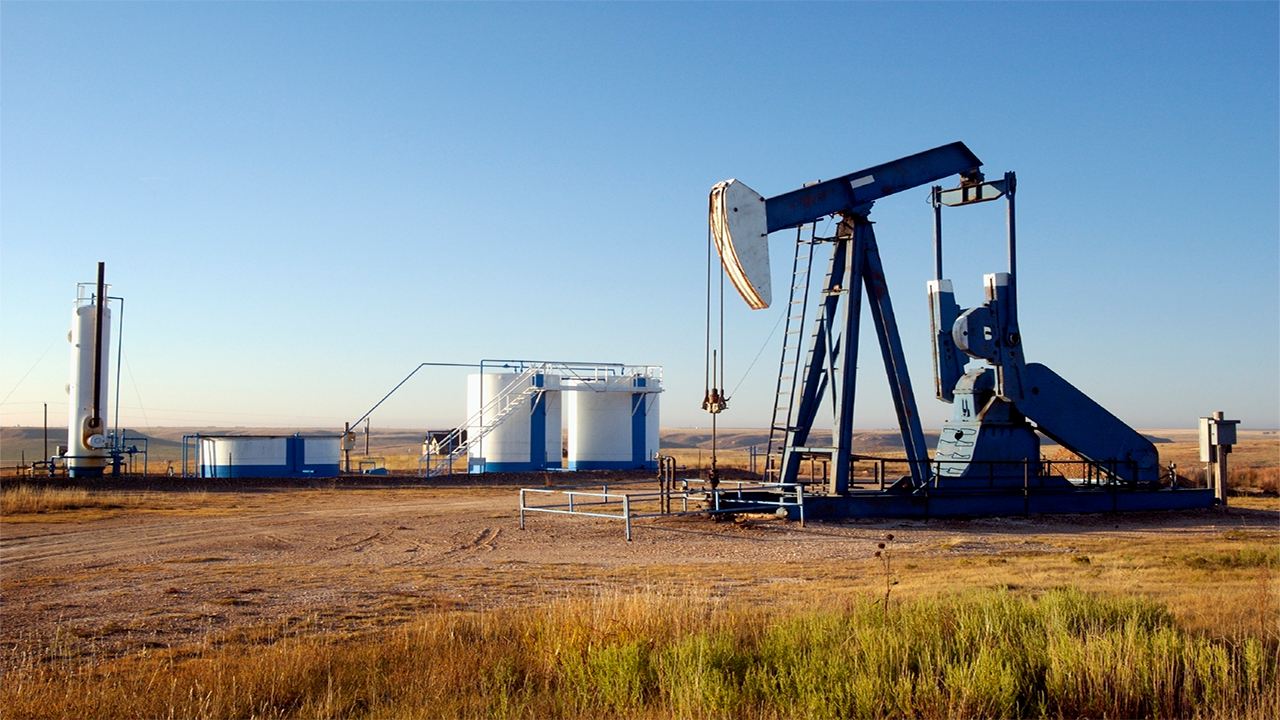- Nigeria Targets 2.6 Million Barrels Per Day Refining Capacity
Nigeria may be on the path to becoming self-sufficient in the production of petroleum products, as the Federal Government expects to increase the country’s refining capacity from 445,000 barrels per day to 2.62 million barrels per day.
To achieve this, the Department of Petroleum Resources (DPR), has granted licences to 22 private firms to establish refineries, which are expected to produce 1.97 million barrels per day in the short, medium and long period.
If these refineries come on stream, the country is expected to save over $15 billion yearly from the importation of petroleum products, create jobs and meet the needs of industrial firms, which depend on by-products from refineries.
Already, nine companies have submitted bids for co-location of new refineries within the complexes of Nigeria’s three existing refineries in Kaduna, Warri and Port Harcourt, which are expected to increase the nation’s refining capacity from 445,000 barrels per day (bpd) to 650,000bpd.
DPR, in its yearly report on the oil and gas sector stated that the Federal Government hoped to achieve 50 per cent domestic refining capacity by 2020, through a combined policy of deregulation and rehabilitation of aging plants.
According to the agency, in line with this aspiration, DPR has already granted 25 Licenses to Establish (LTE) and five Approvals to Construct (ATC) refineries in Nigeria to qualified companies.
It stated that one of the 25 LTE holders, Dangote Oil Refinery Company (DORC) has progressed the refinery development project to the equipment fabrication stage.
DPR said that the DORC project is due to be commissioned in 2018 and would add 500,000 BPSD to the domestic refining capacity.
The agency stated: “The modular refinery model is now emerging as a credible solution to the dismal share of domestic refineries. The model is gaining credence due to its comparatively lower establishment and running costs. Compared to bigger refinery projects, the modular solution appeals more to the marginal upstream producers desiring maximisation of assets value through local refining of produced oil.
“So far, DPR has issued 22 LTE and three ATC, respectively for modular Refineries projects. The projects have cumulative potentials to boost the domestic refinery capacity by more than 671,000BPSD on completion.”
The DPR noted that Nigerian refineries are plagued with peculiar domestic challenges and are not able to produce at sub-optimal levels partly due to the increasingly aging plants.
It added that incessant disruption of crude oil and product pipelines have posed further challenges to operations.
DPR said that there is a yawning gap between domestic demand and output from the domestic refineries, clearly underscores the need for proactive policies to bridge the gaps.
The agency noted that the continued low domestic refining capacity especially poses a peculiar policy challenge, in view of expanding local market for petroleum products.
According to the DPR, growing the domestic refining capacity would reduce the dependence on foreign products, boost local content, generate new jobs and develop requisite competencies in the ancillary sectors. “It would also free the foreign exchange market from undue demand pressures of petroleum products imports,” it added.
The agency said the future of the domestic refinery sector would be greatly improved through policy consistency, secured crude oil supplies and improved infrastructure. “Government is committed to tackling all the associated challenges facing the effective development of the domestic refinery sub-sector by promoting the business-friendly environment that is capable of driving the growth that will ensure the emergence of Nigeria as a refining hub in Africa,” it added.
The Director-General of Lagos Chamber of Commerce and Industry (LCCI), Muda Yusuf urged the Federal Government to liberalise the downstream petroleum sector for unfettered private sector participation and investment, while ensuring that the refineries are operated as commercial business entities.
He said the approach should be subjected to appropriate regulatory framework that defines the role of NNPC, while a model that would allow for a level playing field for all operators including the NNPC should be adopted.
“We have concerns over lack of clarity on the deregulation and liberalization of the sector. This policy lacuna has put many investments in the sector at risk; while many other investment decisions have been put on hold.

 Billionaire Watch3 weeks ago
Billionaire Watch3 weeks ago
 Startups4 weeks ago
Startups4 weeks ago
 News4 weeks ago
News4 weeks ago
 News4 weeks ago
News4 weeks ago
 Bitcoin4 weeks ago
Bitcoin4 weeks ago
 Naira4 weeks ago
Naira4 weeks ago
 Forex3 weeks ago
Forex3 weeks ago
 Treasury Bills4 weeks ago
Treasury Bills4 weeks ago

























